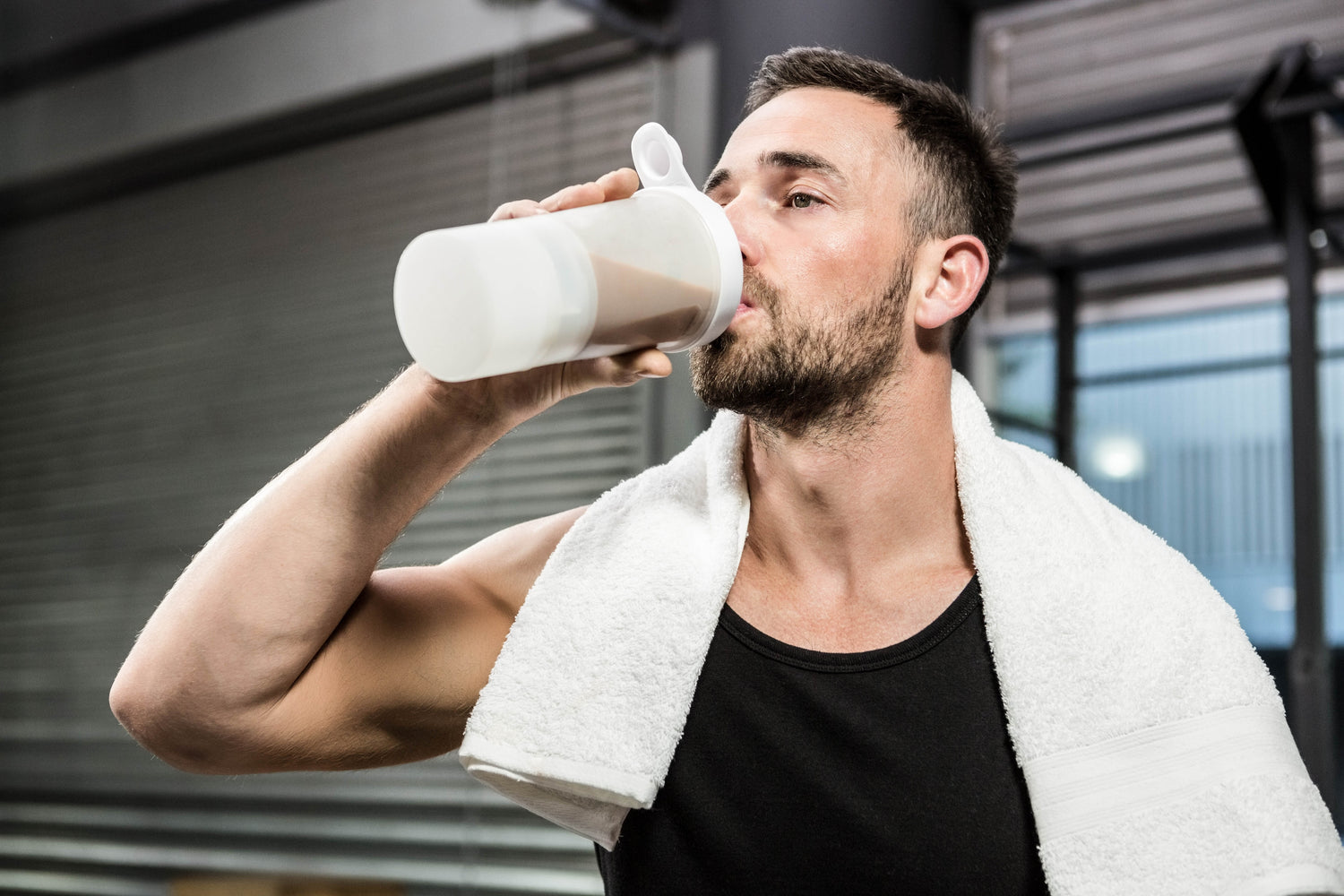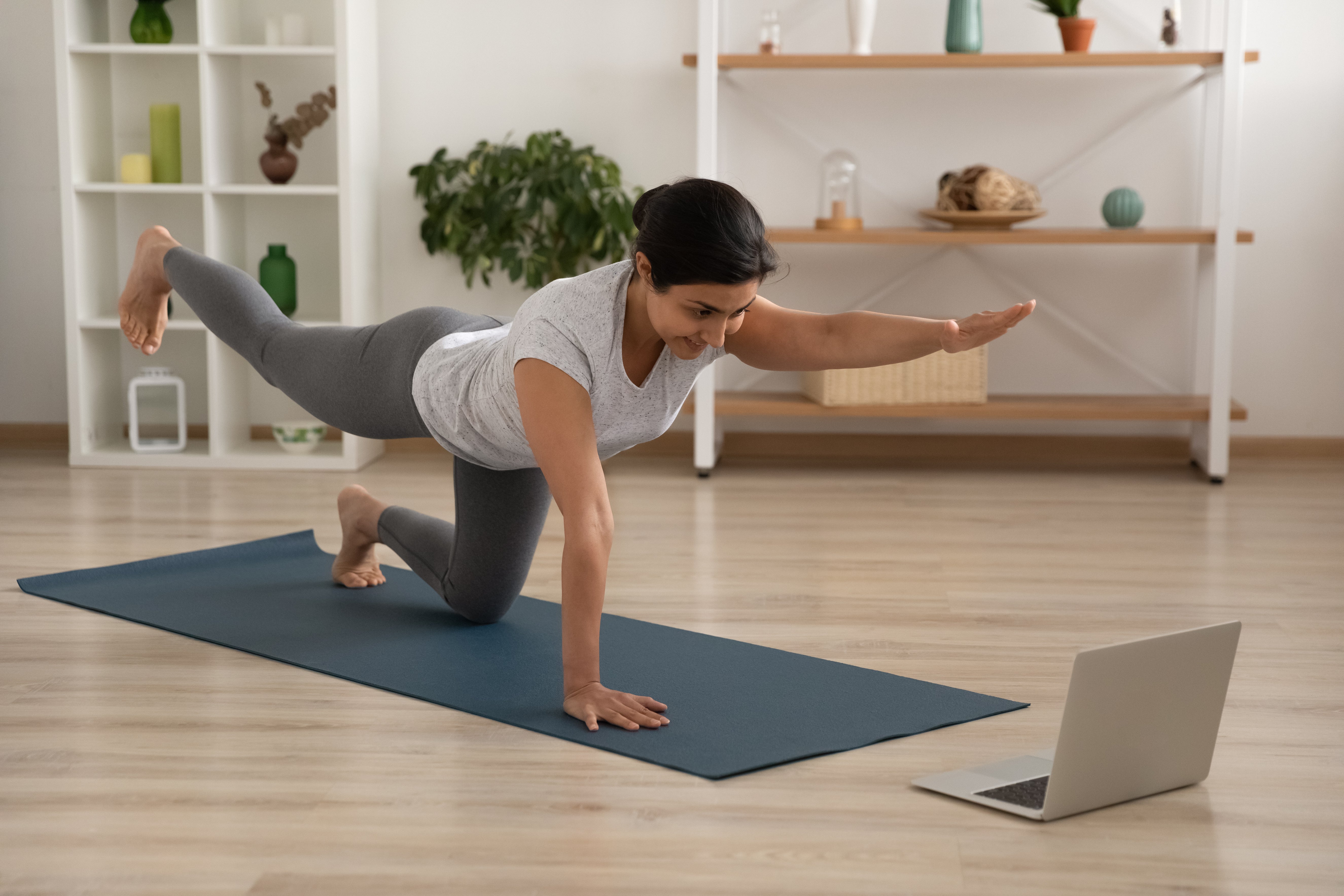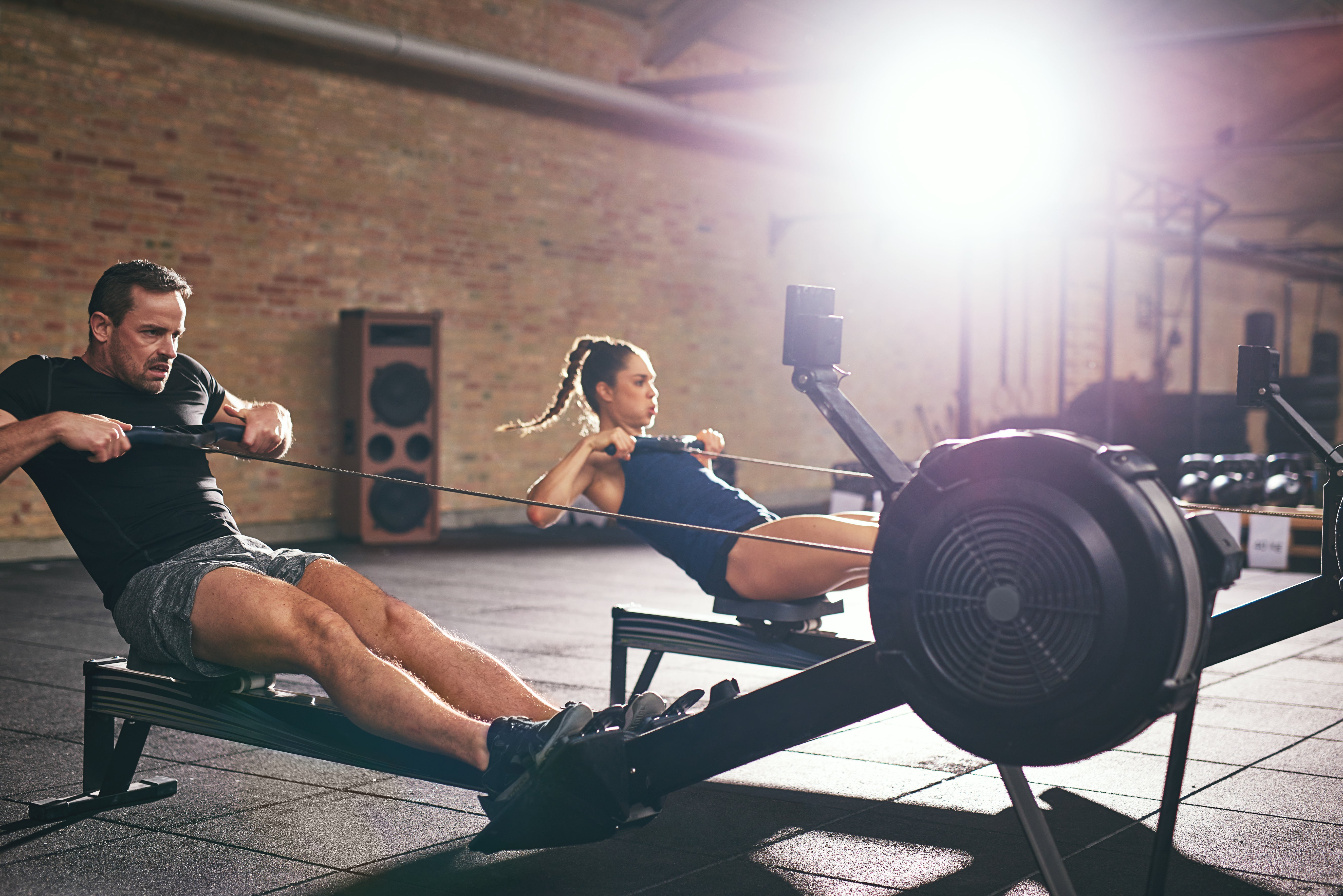What you decide to consume before a workout could make all the difference in how you feel during exercise. Some tips are obvious--do not eat a big piece of chocolate cake or bagel prior to going for a run or do not consume a fried meal from a fast-food restaurant before engaging in a HIIT workout. These can wreak havoc on your stomach and negatively impact digestion. However, if your brain is filled with what not to eat without any guidance on what to eat, you might be left feeling confused or frustrated. You are not alone in these feelings! This article will help address what to eat before a workout in order to fulfill all your nutrition needs and break a sweat in a good way.
Whether you are planning a full body weight training exercise or a rowing exercise on the Ski-Row Air or Ski-Row Air + PRW, this article can help provide suggestions regarding the nutrition you need to feel energized and prepared for your workout routine, whether it's at the gym or home. For additional information regarding nutrition after working out, click here.
What Are The Three Macronutrients?
When it comes to workout nutrition and exercise, a good variety of balance is key. Balance requires nutrients. This includes a balance of the three macronutrients to boost energy--carbohydrates, proteins, and fats. Many times you can pair foods to consume all three macronutrients in your meals or snacks. We will discuss examples for this below.
Carbohydrates--Are They Good for Me?
Carbohydrates, commonly referred to as “carbs,” are frequently a misunderstood food group. If you have ever heard of the ketogenic diet or another similar diet, you might wonder if carbs should be cut from your diet altogether. However, this food group can positively affect overall energy and functioning when eaten in balance.
Carbohydrates are one of the three macronutrients in the body, along with protein and fat. They work by providing energy that is used to keep our bodies functioning properly. Carbohydrates are broken down into glucose which then moves in the body to provide fuel for the organs, especially the brain. While carbohydrates are a good source of energy for the body, especially before a workout, the type of carbs you consume is extremely important. Remember to choose whole-grain carbs while avoiding carbs that are heavily processed and filled with sugar.
What Should I Know About Protein?
Protein is also an important component when it comes to pre-workout fuel. This macronutrient is recommended to be consumed either in place of or along with a nutritious carb and is shown to improve athletic performance. Protein supports muscle functioning and maintains muscle recovery, strength, and lean body mass.
Just as with carbohydrates, the type of protein consumed before a workout makes a huge difference. Imagine trying to consume a greasy hamburger before exercising. The burger might supply a few grams of protein, but the grease from the burger will likely leave you feeling sluggish and worn out. Instead, choose protein sources that are not heavily processed and will energize you before exercising, such as a protein bar or banana with peanut butter.
Is Fat Something I Should Consume Before a Workout?
Just as with carbohydrates, you might be wondering if fat is an important part of the diet. Fat is shown to increase fuel for less intense exercise sustained for longer periods. Once again, choosing the kinds of fats you consume is important. While studies recommend a reduction in saturated and trans fat such as butter, margarine, shortening, and beef/pork fat, certain foods contain “healthy” fats. These fats are called monounsaturated and can support the body in maintaining healthy blood cholesterol levels.
Some foods containing monounsaturated fats include nuts, avocados, nut butters, and vegetable oils. When choosing these foods, be aware of the food labels, and what fats are present in each item.
What Specific Foods Are Good for Me Prior to Working Out?
- Whole-grain breads, whole-grain cereals, or crackers
- Peanut butter sandwich
- Low-fat granola bar or energy bar
- Yogurt, especially Greek yogurt
- Bananas for potassium
- Fruit smoothie
- Juice
- Low-fat milk
- Berries and raisins
- Oatmeal or oats
- Almond butter
- Cottage cheese
- Handful of nuts
- Vegetables
- Foods high in fiber
- Whole grains like brown rice
- Lean meat like turkey or chicken
- Hummus
You might notice that this list of foods has a combination of carbs, proteins, and fats. For example, an energy bar will often supply you with a combination of all three macronutrients.
While an energy bar can be a great workout snack, check the ingredient label prior to exercise. Is it a bar filled with added sugars, saturated fats, and ingredients that will make you feel sluggish and tired while working out? Is your fruit smoothie made with ingredients that will take away your energy, like fruit juices filled with added sweeteners, or is it a real fruit smoothie with only natural sugars and maybe a nut butter for the protein?
Be sure to pay attention! What works for one person will not always work for another. Nutrition is not always a clear-cut answer, and each individual’s body will respond differently to different types of food. Your go-to workout meal will be different from someone else. See what works best for you and how your body responds to different food groups and items.
How Much Should I Eat Before a Workout?
The amount of food you consume before exercise is also essential. Consuming a large meal before doing a high-intensity exercise could leave you feeling nauseous and slow-moving, while eating nothing or too little could leave you feeling weak and lacking energy. It is recommended to give at least three to four hours between eating large meals and exercising and giving one to three hours between eating small meals or snacks and exercising.
What Should I Drink Prior To Working Out?
While nutritious foods are extremely important to a healthy exercise routine, adequate and nutritious fluids are also important. Drinking 2-3 cups prior, ½ - 1 cup during, and 2-3 cups of water or other fluids after your workout is recommended. Water is the most important fluid for your body. However, sports drinks such as Gatorade may be a good option if you feel dehydrated or need the extra electrolytes and vitamins.
Summing it Up
While these suggestions give a basic guideline about what, when, and how much to eat before working out, it is important to remember that each person is different. Figure out what works best for you and your body, how you function the best, what gives you the most energy, and what supplies your body with proper fuel for your workout and the rest of your day.
Sources:
Eating and exercise: 5 tips to maximize your workouts
What Are Carbohydrates? Benefits, Functions, Best Sources, Diets, More





Leave a comment
All comments are moderated before being published.
This site is protected by hCaptcha and the hCaptcha Privacy Policy and Terms of Service apply.